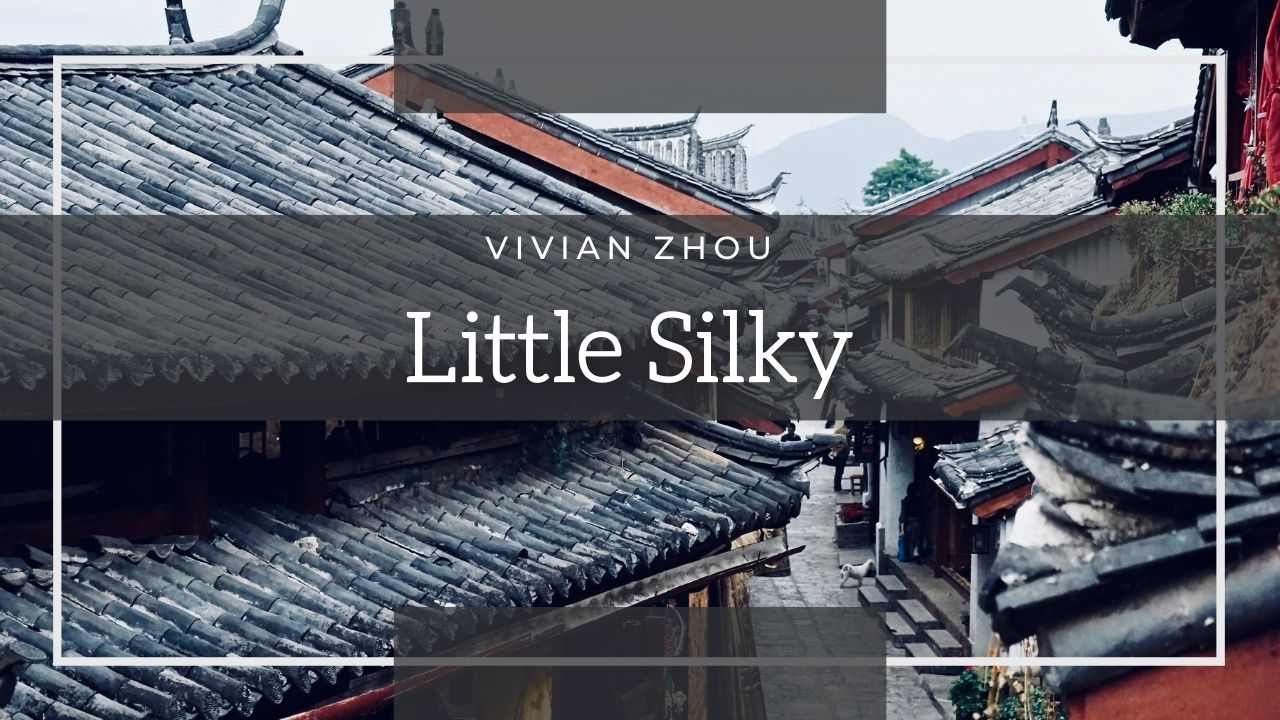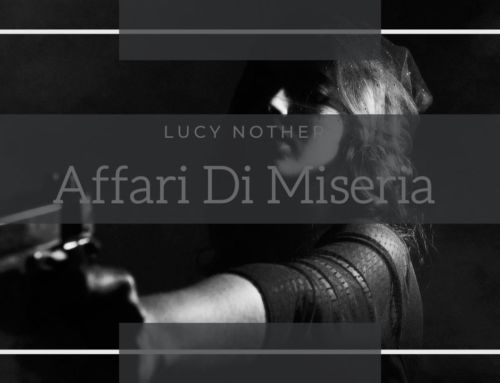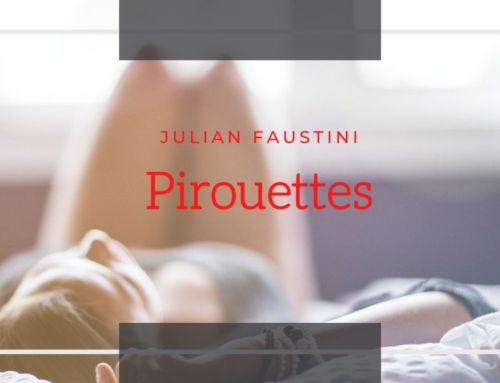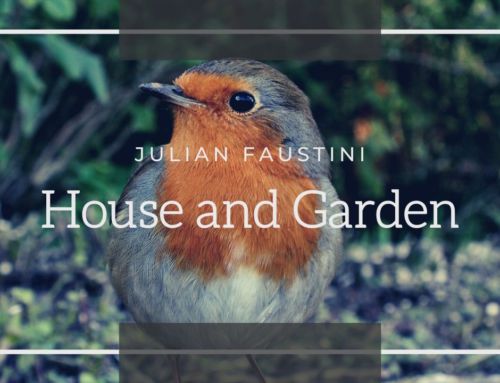
Little Silky
By Vivian Zhou
Little Silky is the name of the dog I liked very much when I lived with my mum and my younger brother in a small town in Nantong. I was in my early twenties. I had just returned home after my four years of university life in Beijing, learning to speak foreign languages. A small town in Nantong had hardly any demand for my foreign language skills. All the high dreams about life that the university I attended had fostered and raised in my young student’s mind seemed to dash to pieces in the face of the hard reality. Anyway I managed to find myself a small humble job in the library in the city that was two hours drive away from the small town I lived. Though the reason for hiring me was dubious considering there were hardly any books in English or French in the library, I was nevertheless grateful for the library for offering me the job, although it came without a job title or a job description.
Little Silky belonged to one of my mum’s colleagues who lived in the block of modern apartments in front of our row of single storey factory dorms that housed my mum and her other colleagues. Little Silky must be in her teenage years as she was always in high spirits, demanding anyone she happened to be with to stroke her belly. Her indiscriminate optimism was contagious. I began to reciprocate her by showering my affection on her, calling her name with such an intonation that it was impossible for anyone, for that matter by no means a dog, to miss or misinterpret my warm approval and my deep affection. Little Silky was intelligent. It didn’t take her long to infer my feelings for her. How she was confused by such an abundance of fondness that favoured her alone, and the sense of equality implied in my adoration. We looked into each other’s eyes and I saw her sense of wonder and her rapture in her excitedly dilated eager black irises. For the rest of our friendship she never managed to shake off her sense of wonder.
Little Silky accompanied me everywhere I went. I took long solitary walks in the fields and sometimes among the graves on the outskirts of some fields. We played hide and seek, possibly not very much to Little Silky’s liking, now I think with hindsight. When no one was looking, I would hold her and kiss her. Kissing in public was very much outside the accepted norms in the town, not to say kissing a dog. Once I was caught in the act by a farmer. He was dumbfounded and scandalised, nodding and murmuring to himself convinced that he had seen the bad influence from the decadent and corrupt outside world.
Our friendship didn’t get approval from all quarters in the beginning. My grandparents, living in a house in a compound thirty minutes walk away from us, beamed at Little Silky with their doting and kindly grandparental smiles when we went to visit them. My grandpa loved dogs so he went off to the kitchen to find some nice treat for Little Silky, while my grandma, pulling me aside, would say in a lowered voice as if to be out of Little Silky’s earshot, “We were just talking about you and we were wondering what’s you up to these days before your job starts. We didn’t expect you to spend all your time with a dog! Is she clean?” But soon Little Silky’s irrepressible effervescent character won her over. Whatever reservation she had for my daredevil demonstrative friendship with a canine was thrown out of the window. Soon my grandparents were keen to tell me Little Silky’s anecdotes, how she, on many occasions afterwards, when happening to pass their house on her way to somewhere, would always come to say hello to them, sometimes knocking on their side door with her enthusiastic paws if the door was closed.
My grandparents’ stories left me in a sense of wonder about Little Silky’s bravery in the part of her life when I was not around. Like many places in my small town, the streets leading to my grandparent’s house were very unfriendly to a small and mollycoddled dog like Little Silky. In nineteen eighties and nineties, some part of the town and streets started to see the modernization process. The wide and concrete streets near my mum’s dorm in the north gradually gave way to old narrow lanes with tricky broken bricks and cobble stones near my grandparent’s house in the south,
the more traditional and residential part of the town. Here, gangs of hungry and voracious dogs patrolled around, badly behaved pet dogs killed their boredom by howling their abuse from inside their doors at any passers-by. With me around, Little Silky shuddered and dared not to go any further, which would exacerbate the situation, and invite more spiteful threats from the bullying dogs. Avoiding eye contact with any of the howling dogs, supressing the fear for my own safety, I walked fast carrying Little Silky in my arms. I would whisper to Little Silky telling her what a little lucky lamb she was, being protected from the pack of wolves.
The Writer Vivian Zhou
This is a short extract of an upcoming novel from Vivian Zhou and her experiences growing up in and living China when the country underwent unprecedented changes from 1960s to 1990s. In the book she explores her personal and cultural identities in the setting of a historical period that saw the shaping of China through the course of events spanning the cultural revolution in the 60s, the economic reforms in the 70s, the political upheavals in the 80s and the economic boom of the 90s. She has been living in London since the end of 2002.





Leave A Comment